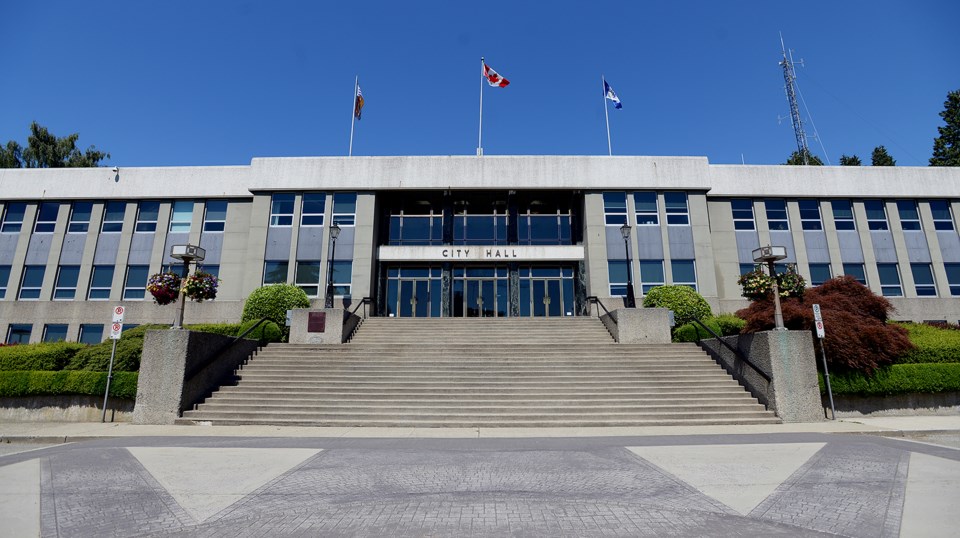New Westminster is contemplating changes to its advisory committees.
As part of a review of the current state of advisory committees, a consultant compared New Westminster with four other municipalities and found it has “significantly more” committees than those cities. New Westminster has more than 20 advisory committees and boards.
Proposed options for the city’s consideration are: providing more support to each committee but decreasing the number of committees (which could be by eliminating or merging); maintaining the status quo and accepting the limitations and potential burnout of staff who attend those meetings; and dedicating additional staff resources that are needed to maintain the current number of committees and increase their effectiveness.
“The survey of peer municipalities revealed that they typically have one-third the number of committees of New Westminster, with one municipality having only a committee of council,” said a staff report.
ACTBiPed (advisory committee for transit, bicycles and pedestrians), Intelligent City advisory committee, international relations task force, neighbourhood traffic advisory committee, railway community advisory panel, Remembrance Day, residents’ association forum and restorative justice are among the committees not seen in other cities.
On Aug. 26, council directed staff to create a draft advisory committee policy. Next steps would be to identify a final committee list and key next steps.
Since April, representatives with the SFU Morris J. Wosk Centre for Dialogue have been interviewing council, key staff and committee members, surveying community members, and interviewing people at four similar municipalities on their committee offerings. (A city representative told the Record Port Coquitlam was one of the four cities contacted, but could not provide the names of the other three cities consulted about their committees.)
SFU recommenced a series of actions for the City of New Westminster to use as a basis of a draft policy and further steps: support each committee more deeply but decrease the total number of committees; have staff review applications and submit recommendations to council, which can vote to amend or approve; limit committee members to two consecutive terms, with no simultaneous appointments, except by special waiver; and have staff draft an annual committee work plan for council’s view and approval
Representatives from the SFU Morris J. Wosk Centre for Dialogue will provide more reports for council’s consideration in the fall.



